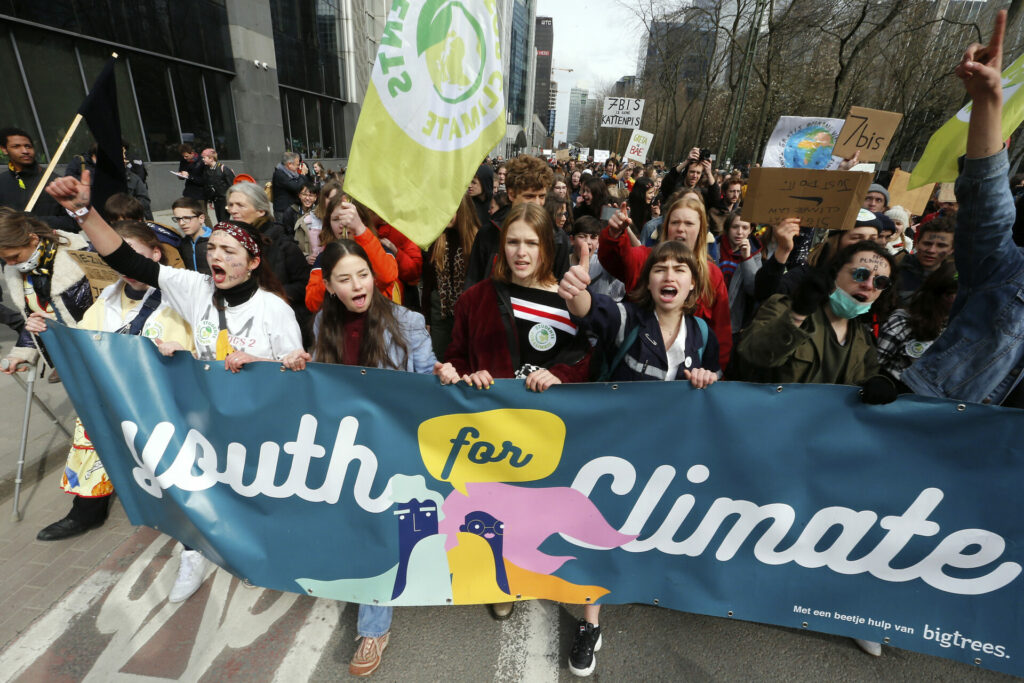The Belgian Federal Parliament has approved a bill allowing for the random selection of citizens to joint mixed commissions and citizen panels.
The scheme permits the drawing of citizens’ names from the National Register, who will then be invited to participate on a voluntary basis. These citizen panels will consist solely of citizens chosen at random, while mixed commissions will comprise both Parliament members and citizens.
A second draw, based on specific sampling, will be carried out among those who accept the invitation.
Factors such as age, place of residence, gender, and level of education will be considered to ensure a diverse and representative panel. Political representatives, political advisors, and individuals occupying judiciary roles, among others, will not be eligible to participate.
The Parliament is currently preparing to organise these citizen panels and mixed commissions. Over summer, the government conducted an online consultation on a platform named "A Country for Tomorrow", evaluating the current structure of the Belgian state and considering possible reforms for subsequent legislation.
The legislation, supported by Ministers for Institutional Reforms, David Clarinval and Annelies Verlinden, was approved by a majority group composed of Les Engagés and DéFI. However, it was opposed by N-VA and Vlaams Belang, with PTB abstaining from voting.
Following this vote, a modification of the Chamber’s rules is necessary before these citizen panels and mixed commissions can be put into practise. A bill proposing this has been announced by the Socialist Party (PS).
The Belgian Greens (Ecolo-Groen) and the PS also voiced their interest in establishing a "civic participation leave" – similar to the leave granted to citizens called to act on a jury.
The absence of this leave has been criticised by the PTB. Despite voting in favour of the proposal, Les Engagés expressed regret over the lack of provision for a referendum to confirm the results of these panels and commissions.

